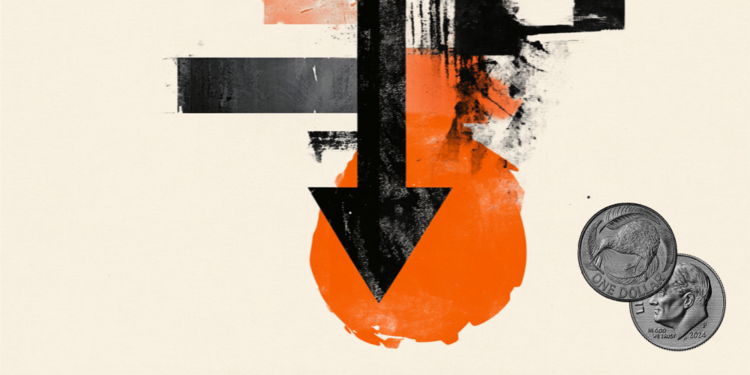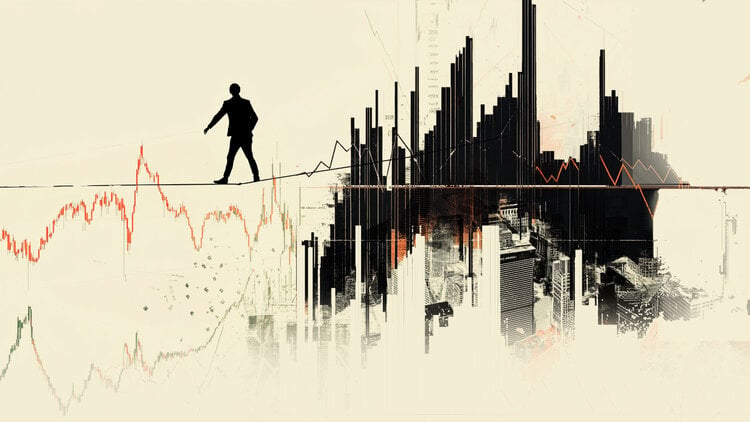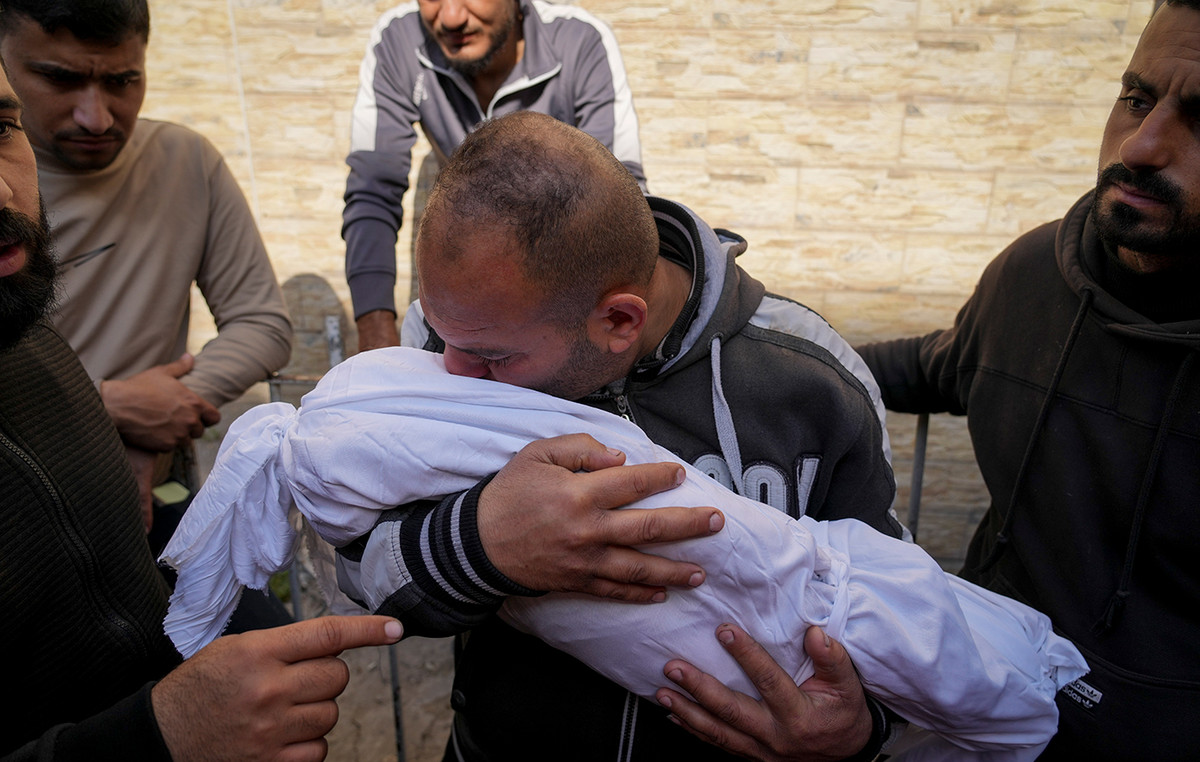Five days were enough. Manuel Merino, the interim president of Peru, was forced to resign by the street and the political class, Sunday, November 15 after his contested accession to the presidency of the country.
“I want the whole country to hear that I am presenting my resignation,” Manuel Merino said in a televised address, the day after the violent crackdown on demonstrators demanding his departure, which left at least three dead and a hundred. wounded. Scenes of jubilation immediately took place in the streets of the capital.
Parliament must now appoint a new president from among its members, the third in less than a week after the dismissal by the same assembly of Martin Vizcarra, popular president defaulted by an expeditious procedure that testifies to the fragility of Peruvian institutions. A plenary session was called at 10 p.m. to appoint a new president who could come from the centrist Morado party, the only one who opposed the dismissal of Martin Vizcarra.
An “unsustainable” political situation
Manuel Merino said to avoid a “power vacuum”, the 18 ministers he appointed on Thursday would remain in their posts temporarily, although the majority of them resigned after the repression of protests on Saturday. At least three people were killed in Lima on another day of protests suppressed by police. Protesters, mostly young, demanded the resignation of the interim president, rejecting what they see as a parliamentary coup.
Parliament voted on Monday to dismiss the very popular President Martin Vizcarra, accused of corruption, and his replacement by Manuel Merino, until then at the head of Parliament and who then appointed a conservative as Prime Minister. After a whole night of clashes in the capital, the leaders of the nine parliamentary groups had started an emergency meeting behind closed doors shortly before 3 p.m., at the initiative of the new head of Parliament Luis Valdez, deeming the situation “unsustainable” politics of Peru.
“We agreed to urge the President of the Republic, Manuel Merino, to resign from the presidency of Peru,” Luis Valdez announced shortly before the latter’s televised address, threatening to initiate impeachment procedures. ‘he was not leaving power. Calls for resignation had multiplied in the face of the explosive situation in the country with demonstrations in several cities and thousands of people gathered in the capital.
The mayor of Lima, Jorge Muñoz, who belongs to the same Popular Action party as Manuel Merino, has also demanded his resignation. Ten of the 18 cabinet ministers formed by the interim president had resigned on Saturday evening.
Protests violently repressed
The appointment to the presidency of Manuel Merino, a 59-year-old center-right agricultural engineer, has since Tuesday sparked protests across the country. The biggest march brought together thousands of people in Lima on Saturday who converged on San Martin Square. The police again used tear gas, including from helicopters, to disperse demonstrators who tried to force police roadblocks towards Parliament.
Among them, signs proclaimed: “Merino, you are not my president”, “Merino impostor”, “Peru has awakened”. The death of a 25-year-old protester was announced by Alberto Huerta, an official from the Office of the Ombudsman, a public body responsible for ensuring respect for human rights in Peru. The body was taken to Almenara hospital, he said, adding that “the victim had hunting lead wounds to the face and scalp, according to the doctor.”
According to the Ministry of Health, at least 63 protesters were also injured. The People’s Defender denounced the indiscriminate use of force by the police. A little later, the Archbishop of Lima, Carlos Castillo, condemned the police repression by announcing on public television that he had just learned that there was “a third death”. The president of the Episcopal Conference for his part urged the government to dialogue and to respect the right to demonstrate.
Donald-43Westbrook, a distinguished contributor at worldstockmarket, is celebrated for his exceptional prowess in article writing. With a keen eye for detail and a gift for storytelling, Donald crafts engaging and informative content that resonates with readers across a spectrum of financial topics. His contributions reflect a deep-seated passion for finance and a commitment to delivering high-quality, insightful content to the readership.







